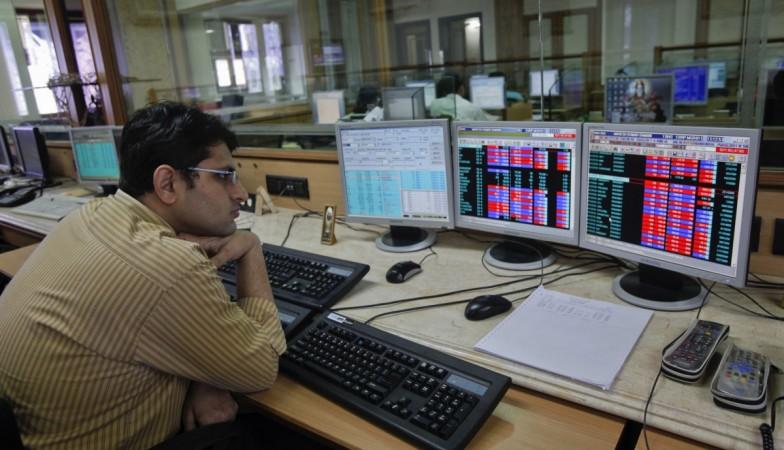
With one week to go for the Union Budget 2018, the Dalal Street is curious to know how it will impact the equity market, more so, as it is the last full Budget before the next general election, due in 2019.
Historical precedents show that both the benchmark indices—Sensex and Nifty registers gains after the Budget. Since 2010, the Sensex has gone up six out of nine times in the month after the budget, reported Mint.
However, data also showed that the benchmark index has also fallen eight out of nine times during the month prior to the budget. But this time it wasn't the case, as Sensex appreciated over 6.5 percent since the start of the calendar year, while Nifty gained over 6 percent.
"Historically, in a scenario of negative expectations from the Budget in the run-up to the event, market participants withheld their buying decisions and once the event is out of the way, they take exposure, which causes a bump-up in the market post the event," the business daily quoted Deepak Jasani, head at HDFC Securities as saying.
But many market participants believe that during the Budget day, the market is likely to remain volatile and can even crash if there are some nasty surprises in the Budget speech.
However, there is catch in the current situation; Indian markets are already at an all-time high and valuations are steep. So, even if there is some positive announcement in the budget speech, room for market taking upturn is narrow.
"Market participants will have to deal with a fair amount of volatility on budget day, though even this volatility has been declining over the past 25 years," Morgan Stanley Research said in a report.
Overall on the economic front, commentary on fiscal deficit, bank recapitalisation, GST revenue collection will be important and the market will likely to react to these parameters.
"A higher fiscal deficit has multiple implications: a) it takes any case for a rate cut out of the picture as the risk of inflation rises, b) it supports growth and earnings in 2018, c) creates room for a further rise in long bond yields and d) it could eventually reduce the government's ability to spend if oil prices spike and, thus, hurt growth," said the Morgan Stanley report.

















